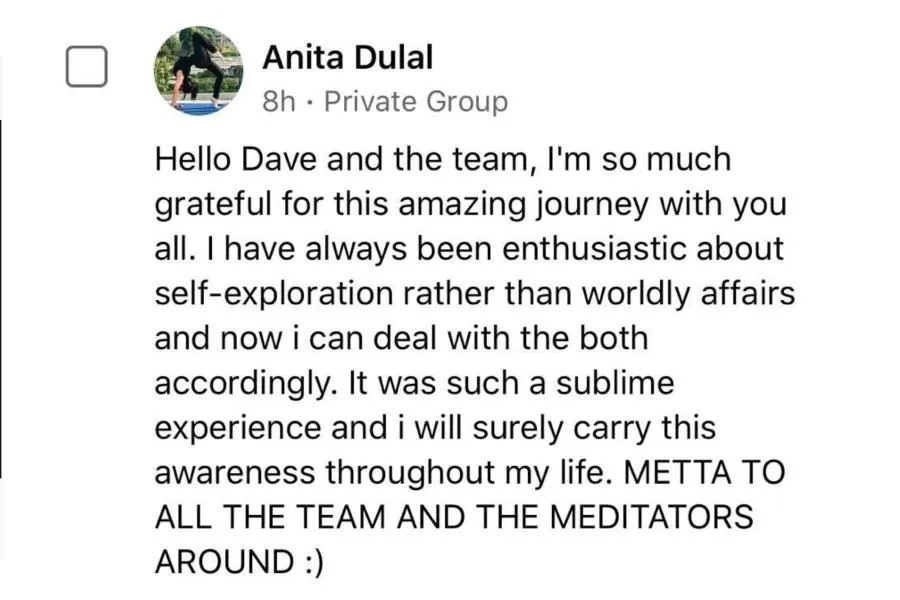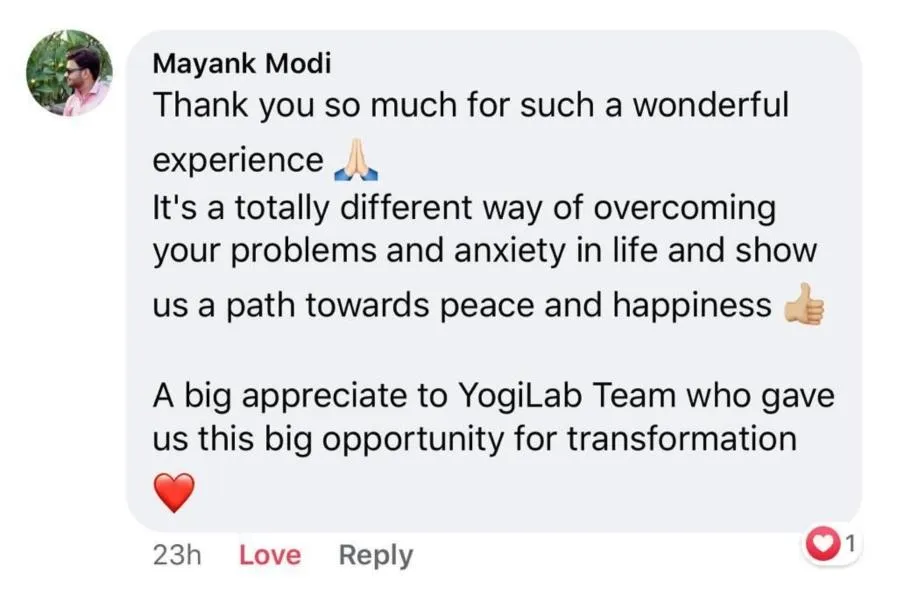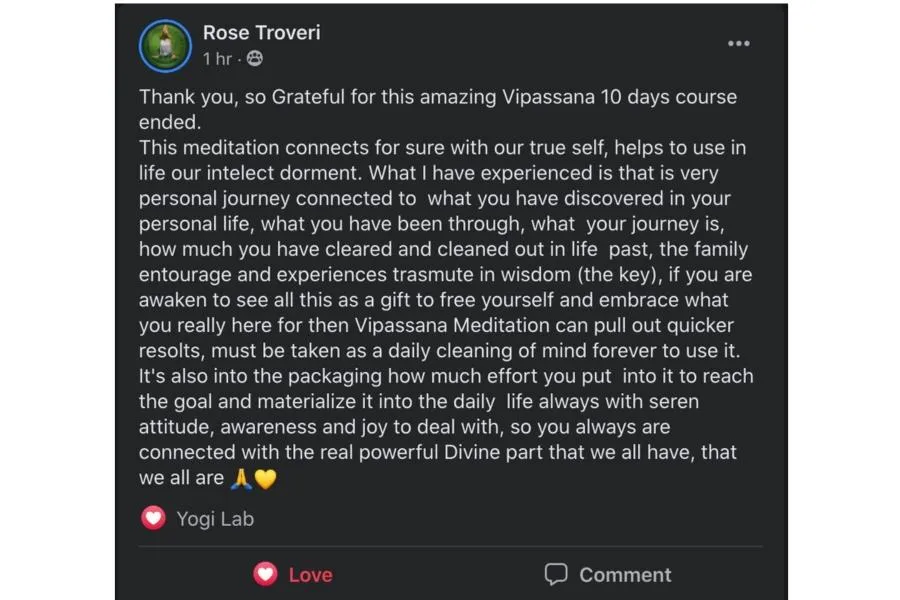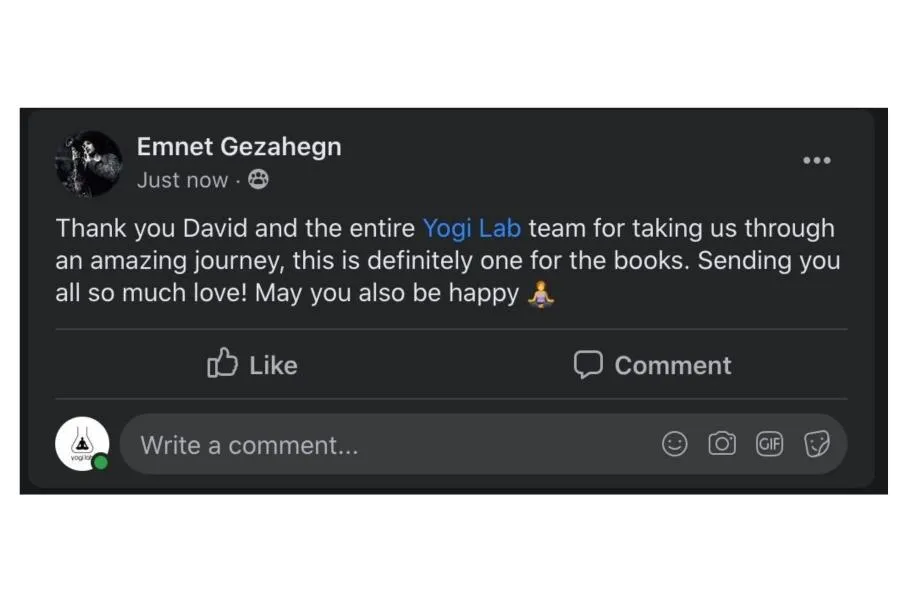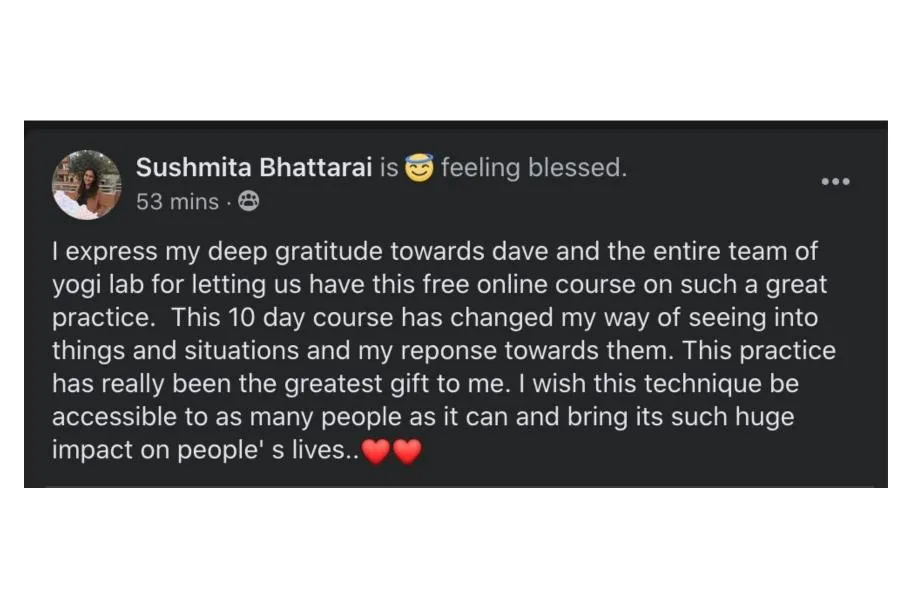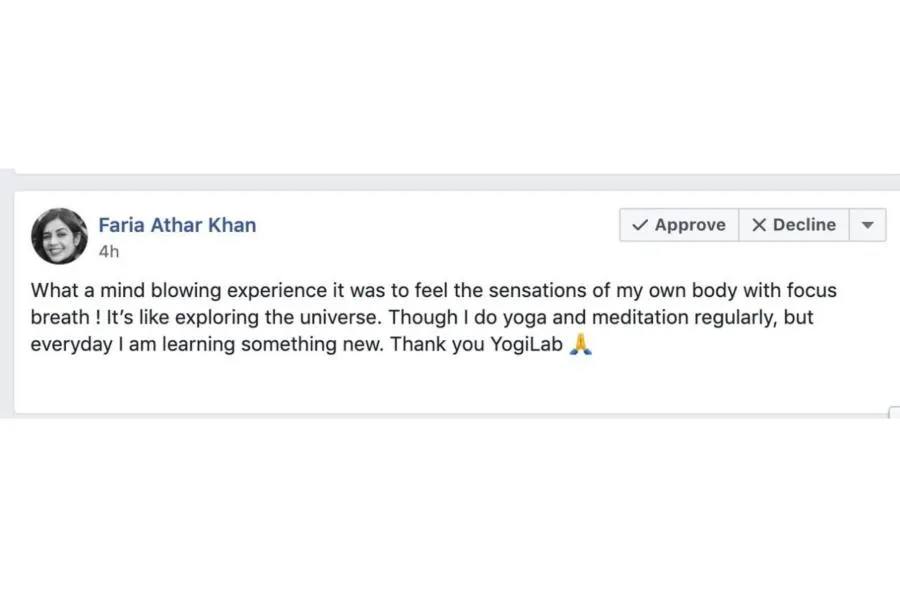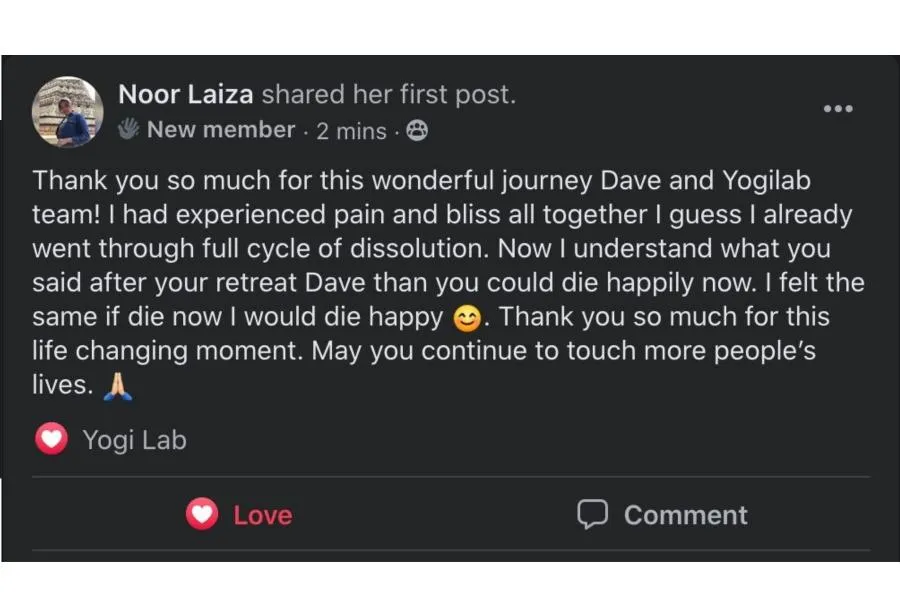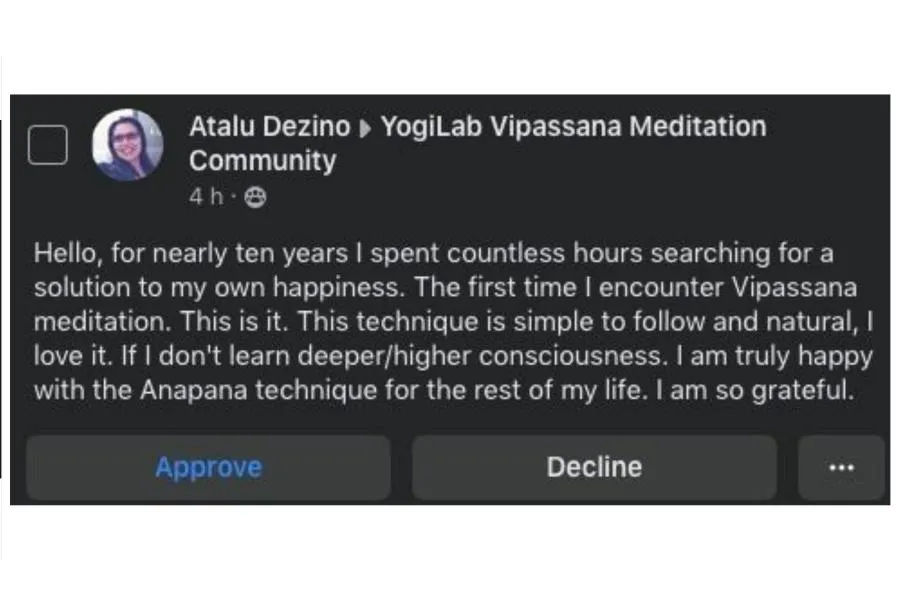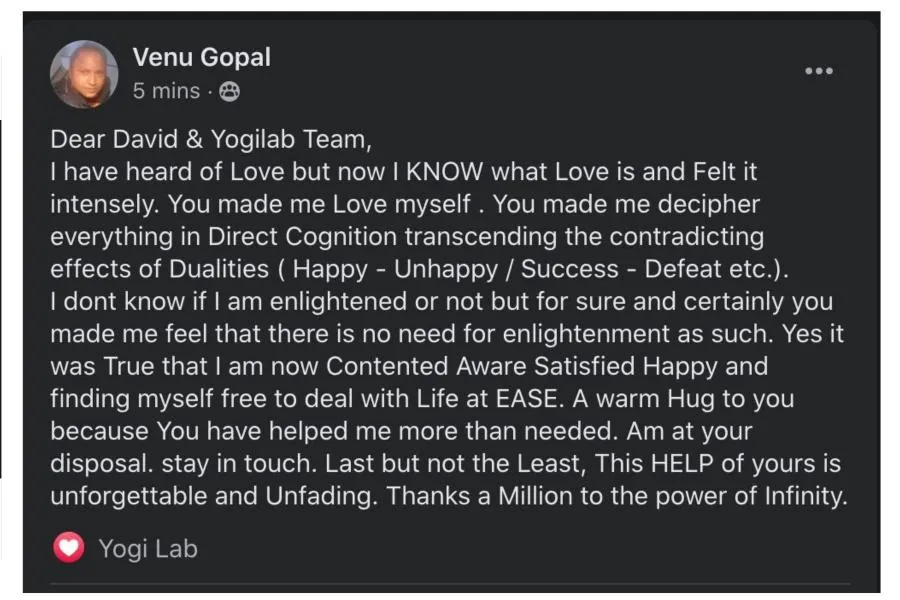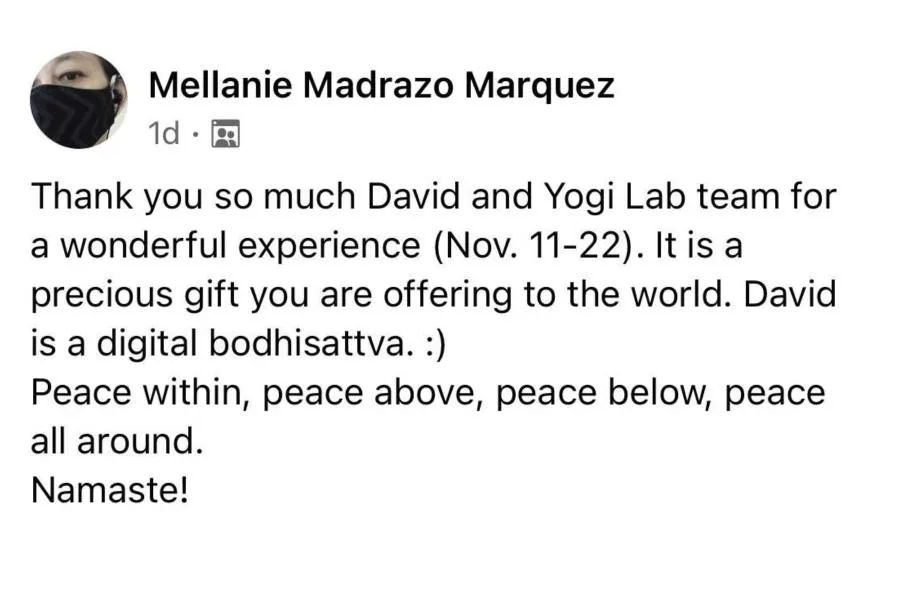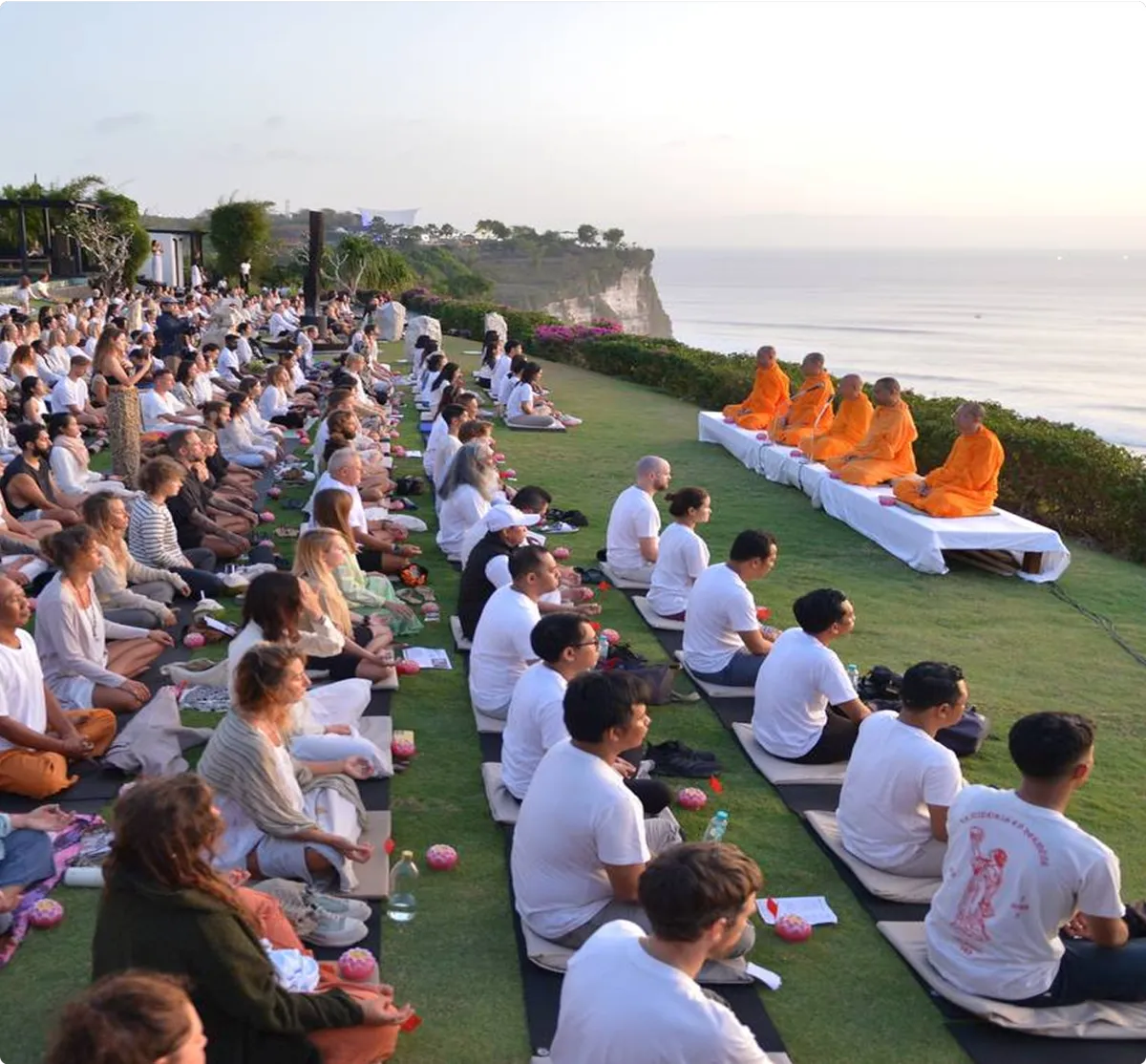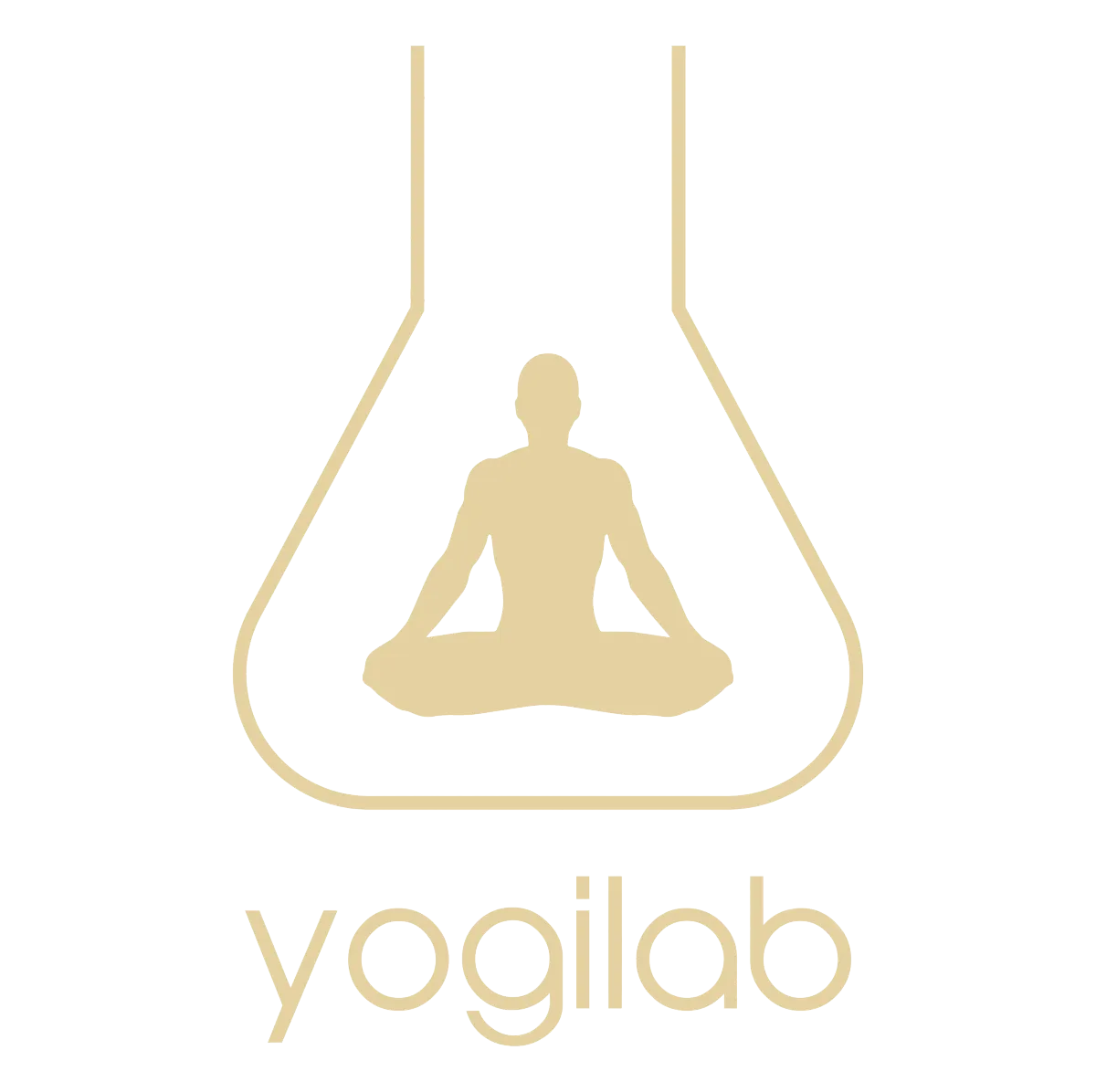

Vipassana
Online
Vipassana Online
Ancient technique. Modern application.
The pure meditation technique that’s changed millions of lives. Taught practically without religious or dogmatic additions.
Compatible with any faith or no faith.
Only enhances your existing practice.
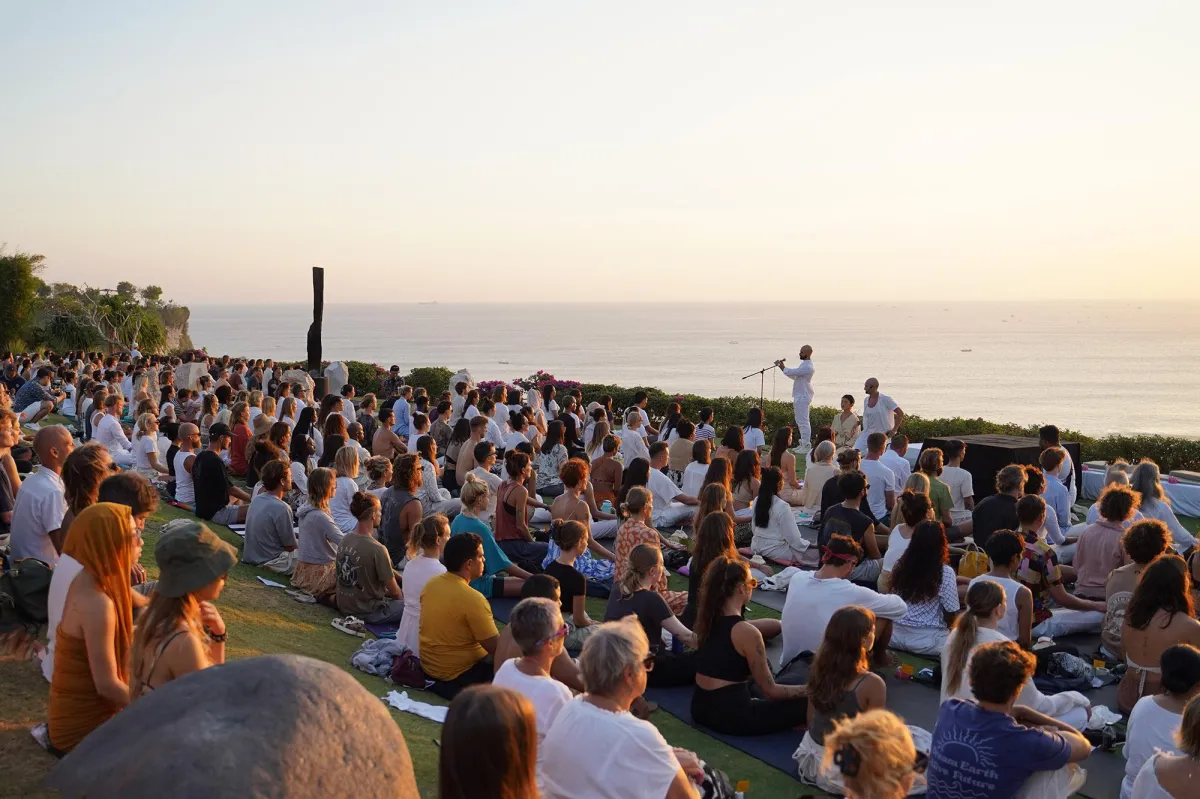
How it Benefits People
Reduces stress and anxiety
Improves focus and clarity
Develops emotional regulation
Increases self-awareness
Better sleep quality
Enhanced decision-making
Deeper connection with reality, grounded in
practical experience
How it Benefits People:
Reduces stress and anxiety
Improves focus and clarity
Develops emotional regulation
Increases self-awareness
Better sleep quality
Enhanced decision-making
Deeper connection with reality, grounded in
practical experience

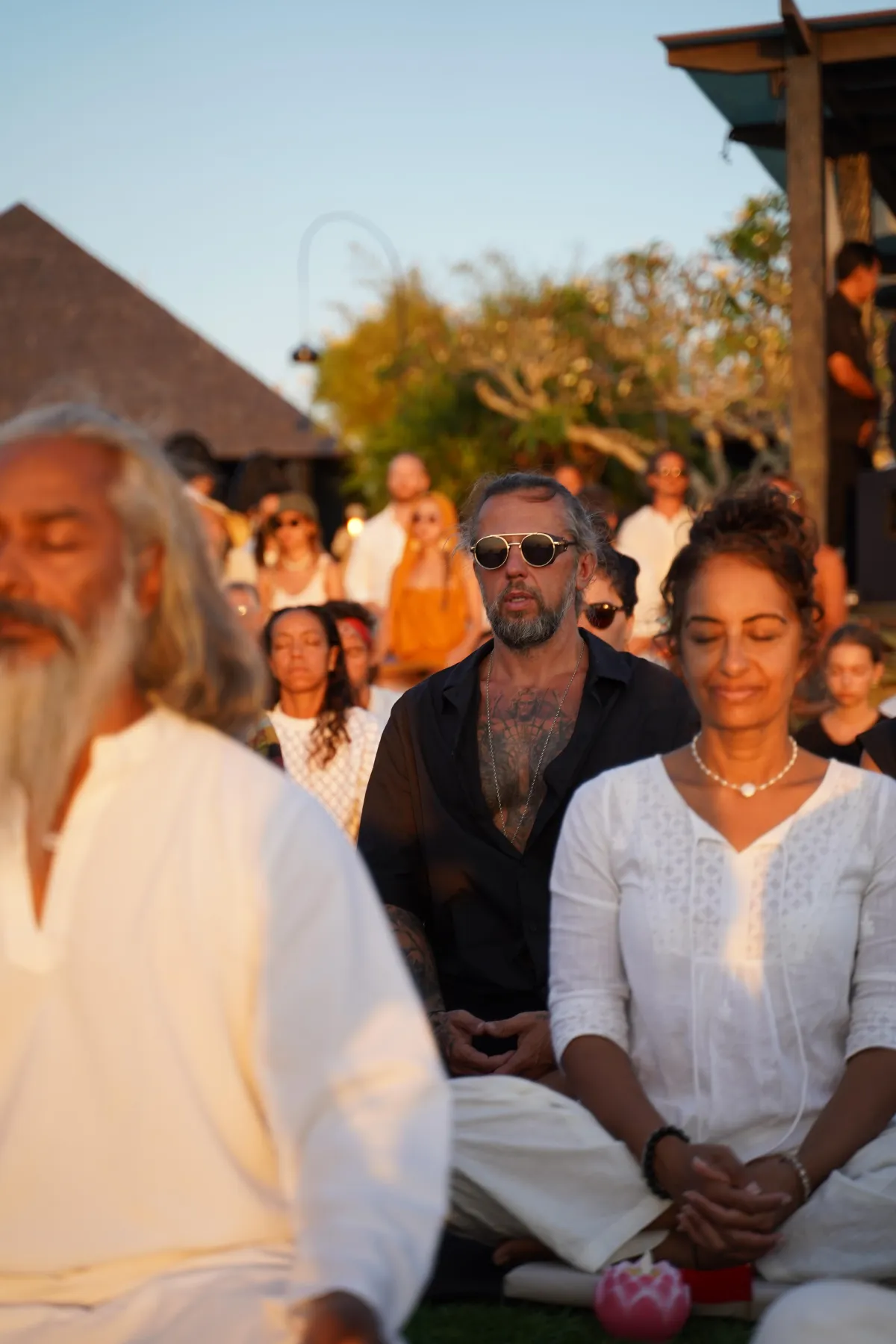
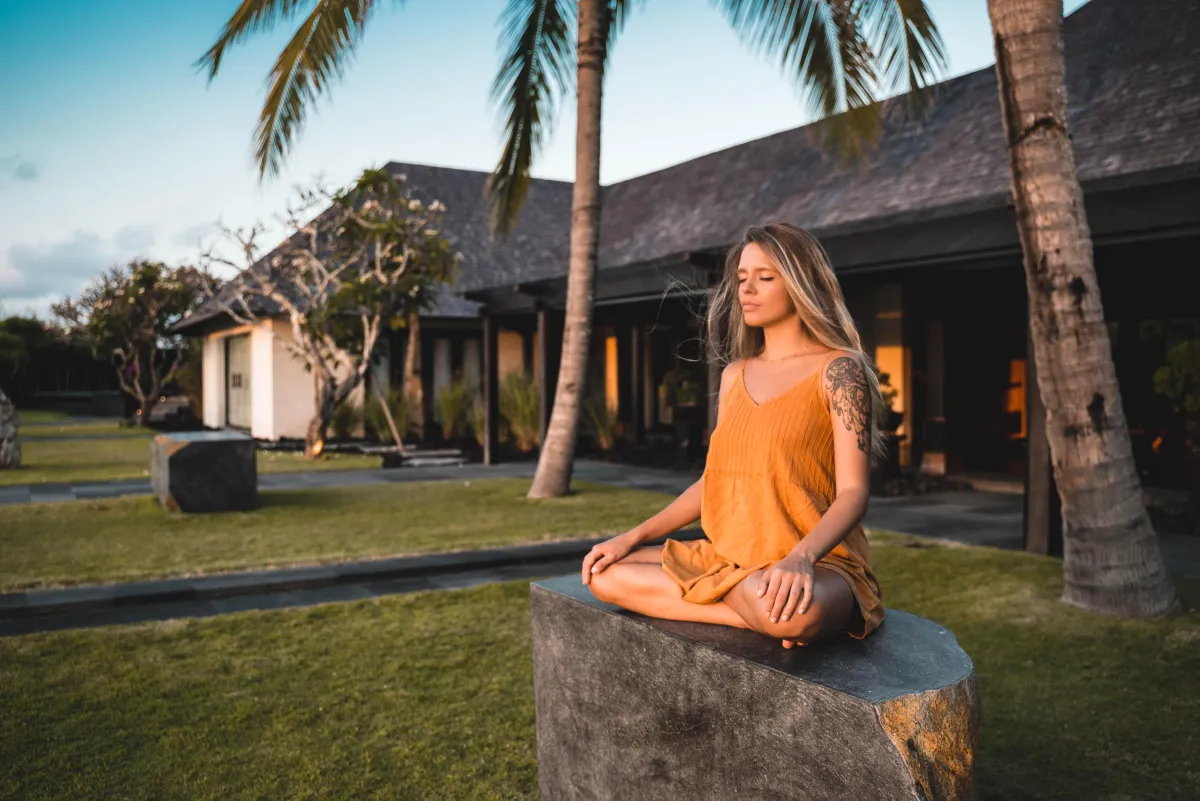
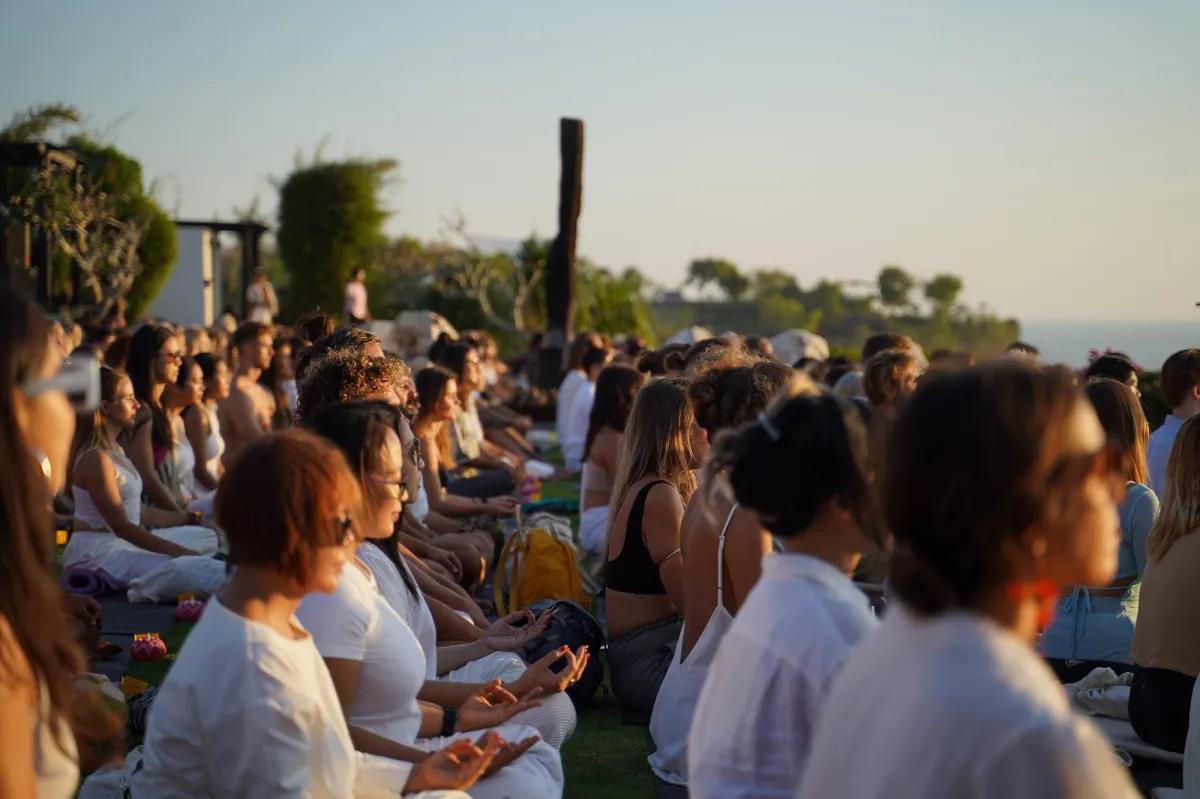
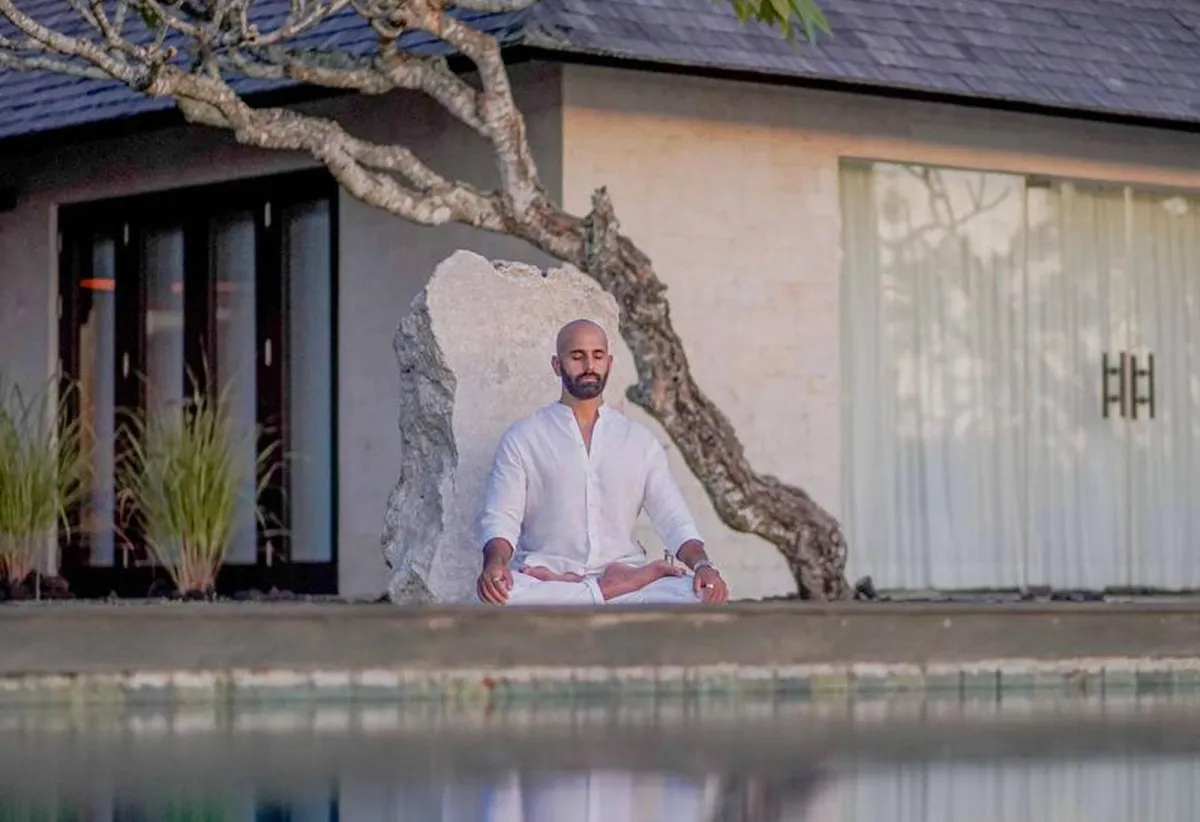
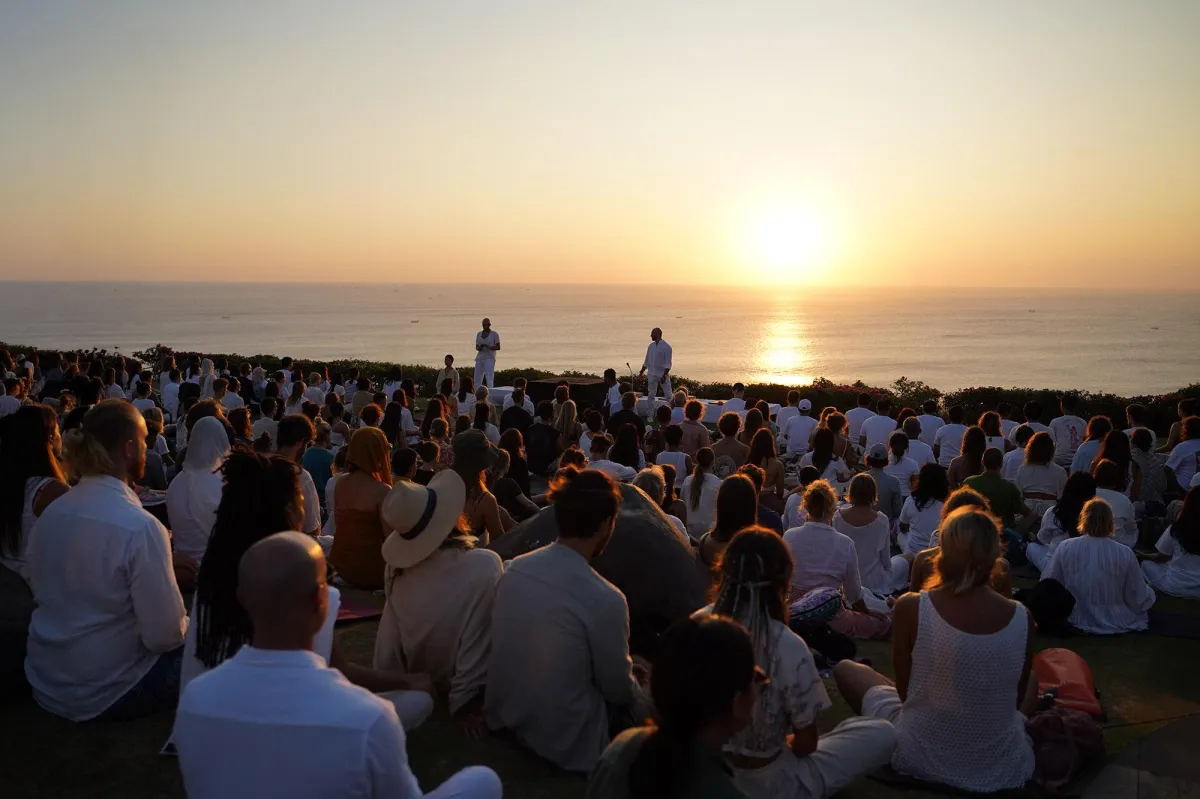

Why Online
Traditional 10-day retreats aren't accessible to everyone. Work, family, and financial constraints keep people from learning this life-changing technique. Online instruction removes these barriers while maintaining the teaching's integrity.
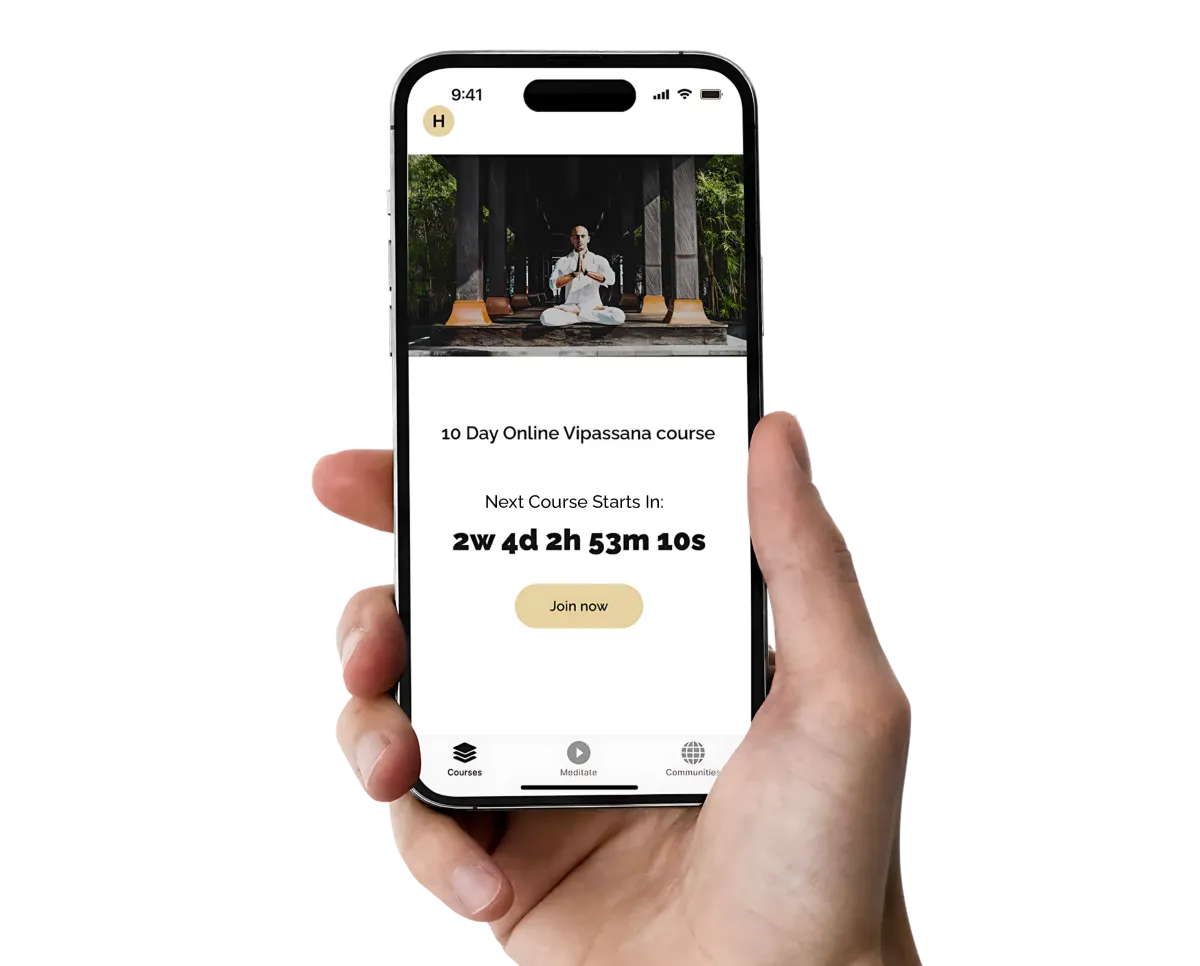
About the Teacher
YogiLab was created by a team of people that believe meditation can change the world. We know this can happen, because meditation has changed our worlds.
Our goal is to teach so many people deep and effective methods of meditation, that it shifts the global balance and produces the Maharishi Effect.
So for us, YogiLab isn’t just a company, it’s a mission… and this is just the beginning. Thank you for joining. Every meditator counts.

MeditationDave and the YogiLab Team


Frequently
Asked Questions
Our answers to the most commonly asked questions.
Not sure about something? Read here first.
What is Vipassana meditation?
Vipassana means "to see things as they really are." It's an ancient technique that develops insight through mindful observation and direct experience of bodily sensations, leading to mental purification and liberation from suffering.
Is this religious?
No. While rooted in Buddhist tradition, Vipassana is a practical technique for mental training. People of all religions and atheists practice successfully without conflict.
Do I need prior meditation experience?
No prerequisites required. The technique is taught step-by-step from the beginning.
How long are the courses?
The courses run for 10-days once a month. This is enough time for you to be given comprehensive training, so that when you leave the course you have a complete practice.
What's the difference from other meditation techniques?
Vipassana focuses on direct observation of bodily sensations rather than concentration on an external object. It develops insight into the nature of reality, starting with yourself..
Can I practice if I have mental health issues?
Vipassana can be beneficial for a wide range of conditions. However, it is not medical treatment, and we cannot give any advice about medical conditions. If you have serious mental health conditions, then consult your healthcare provider.
Is there a cost?
All instruction is free. The technique has always been offered freely. Donations are voluntary and support spreading the teaching.
How quickly will I see results?
You will notice results on day 1 of the course. The reason this technique has spread is because it has been helping people for over 2,500 years regardless of race, religion, or society. Deeper benefits develop over months and years of practice.
What if I can't sit still?
Start with shorter periods. Physical discomfort is normal initially. The technique actually helps develop tolerance and equanimity toward discomfort. As you practice, you will gain the mental strength to be able to do this. It is directly taught on the course.
Can children learn this technique?
Yes, with age-appropriate modifications vipassana can provide amazing fundamental training that will benefit children as they grow. Parents should screen the course first before deciding to enrol children. Recommended for children 8+ with parental guidance. If there is enough demand, we will make children specific courses in future.
Get in Touch
Have questions or need assistance?
Fill out the form below, and our team will get back to you as soon as possible.
We’re here to help with any inquiries, feedback, or support you may need!
Location
Jl. Uluwatu Jl. Pantai Suluban,
Pecatu, Kec. Kuta Sel.,
Kabupaten Badung, Bali 80361
Contact Us
+233 91 23 341 58
+233 91 23 341 58
Email address
Social Media
Privacy
2025 YogiLab Inc.
YogiLab is a trademark or registered trademark Any other trademarks are the property of their owners, unless otherwise stated.
Use of third party logos does not imply endorsement of sponsorship of, or affiliation with YogiLab.






